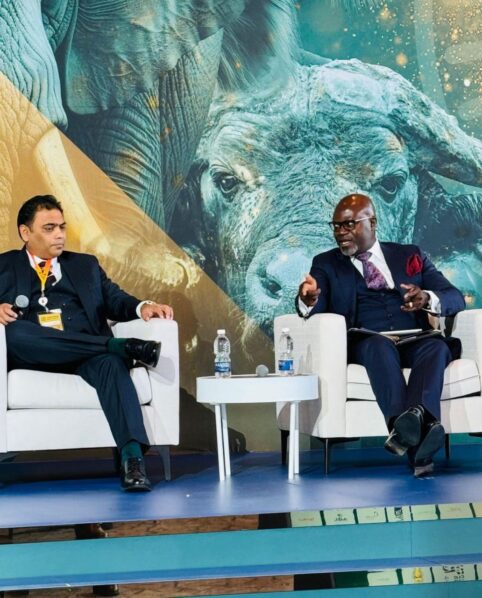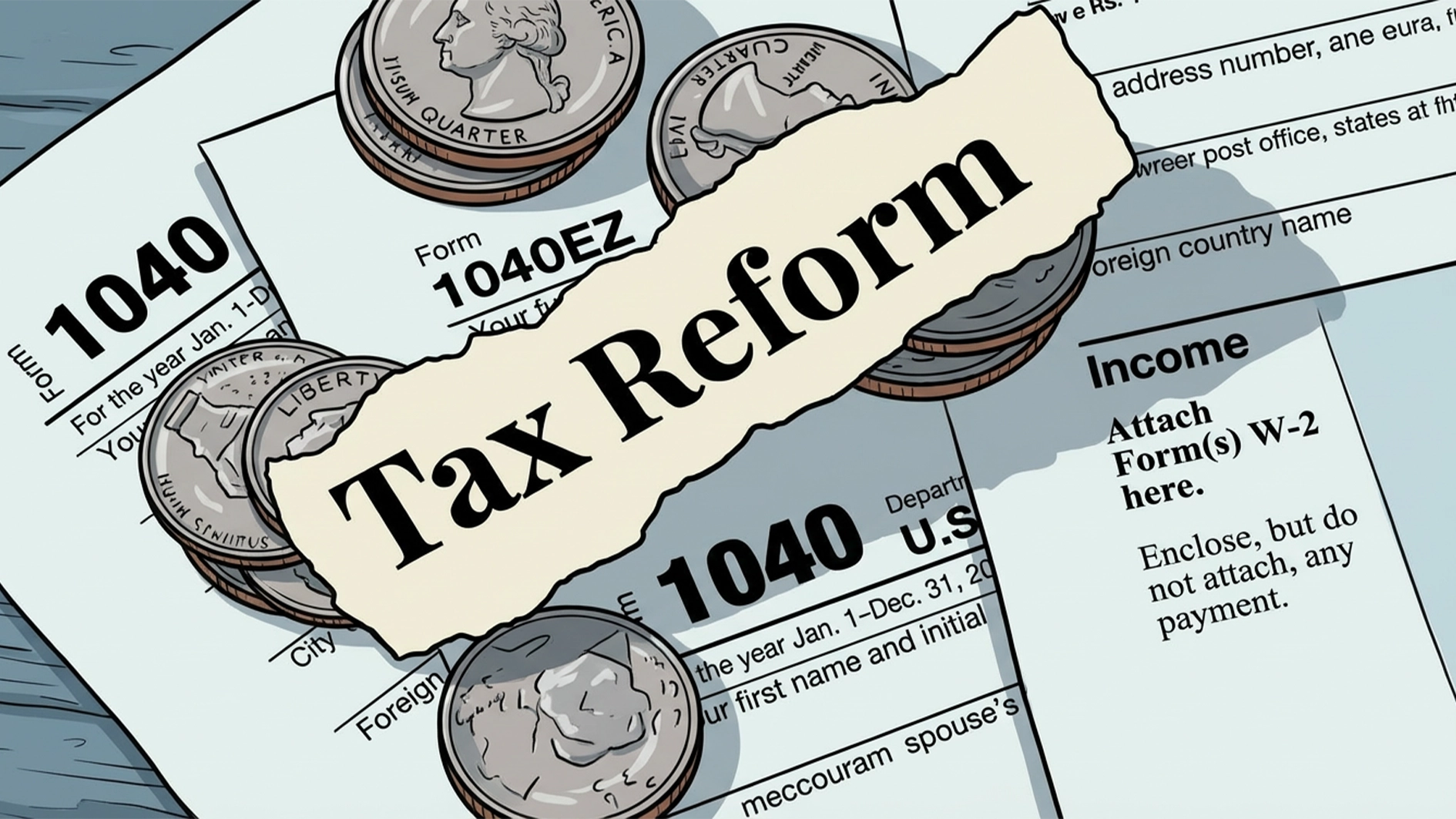 The African Refiners and Distributors Association (ARDA), yesterday, at the African Energy Week called on Africa’s 64 development finance institutions (DFIs) to take a central role in derisking and funding oil projects across the continent.
The African Refiners and Distributors Association (ARDA), yesterday, at the African Energy Week called on Africa’s 64 development finance institutions (DFIs) to take a central role in derisking and funding oil projects across the continent.
ARDA Executive Secretary, Anibor Kragha, emphasized that DFIs could provide a vital “first layer of capital” to reduce risk and attract more investors to African oil and gas projects, which are now being overlooked by Western financial institutions.
The African downstream sector, which encompasses refining, distribution and marketing of petroleum products, is poised for transformation as the continent seeks to achieve energy security, economic development and environmental sustainability. Financing challenges have historically hindered progress, largely due to high borrowing costs, limited access to capital and a reliance on foreign financing sources that often impose restrictive conditions.
While Africa’s DFIs, such as the African Export-Import Bank (Afreximbank) and the Africa Finance Corporation (AFC), have pioneered financing initiatives for energy projects that foreign lenders often avoid, Kragha said many DFIs are encumbered by foreign shareholders, whose interests sometimes conflict with Africa’s specific development needs.
Increasing African ownership and influence within these DFIs he believes is essential to ensure that African priorities, like energy security, are adequately addressed.
“There are 64 African-centric DFIs in total, whose role is to provide the initial capital needed to derisk projects, thus making them more attractive and encouraging additional investment.
“However, a significant issue with these African DFIs is that many of their shareholders are not African, which often means they influence or dictate the types of projects that receive support,” Kragha said.
For Kragha, the path to affordable, sustainable financing for African oil projects requires pragmatism, innovation, and a decisive focus on African institutional capacity.
By enhancing local control of DFIs, establishing Afrocentric ratings and revisiting financing models, Africa could unlock vast energy assets to secure the continent’s economic future.
Managing Partner of Premier Invest, Rene Awambeng insisted that rather than creating new institutions, Africa should enhance the capacity of its existing DFIs.
He said the institutions have less than $150 billion in paid-up capital — insufficient to fully drive large-scale projects.
Awambeng recommended that DFIs partner with local pension funds and secure foreign credit enhancement structures, such as guarantees, to boost funding capacity for projects that could be transformative for the continent’s energy sector.
Despite this momentum, interest rate discrepancies for African nations and similar global economies remain a pressing challenge. Currently, African projects often face borrowing costs as high as 10-13%, while comparably rated countries elsewhere pay significantly lower rates, the stakeholders noted.
This discrepancy, according to them, largely stems from global rating agencies’ methodologies, which they believe fail to account for the specific economic and geopolitical risks in Africa.
Director of Financial Services at the Economic Development Board of Mauritius, Vinay Guddye suggested that Africa urgently needs an Afrocentric rating agency.






